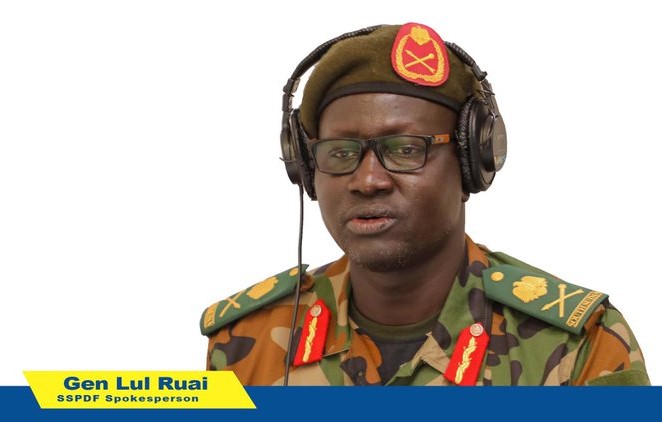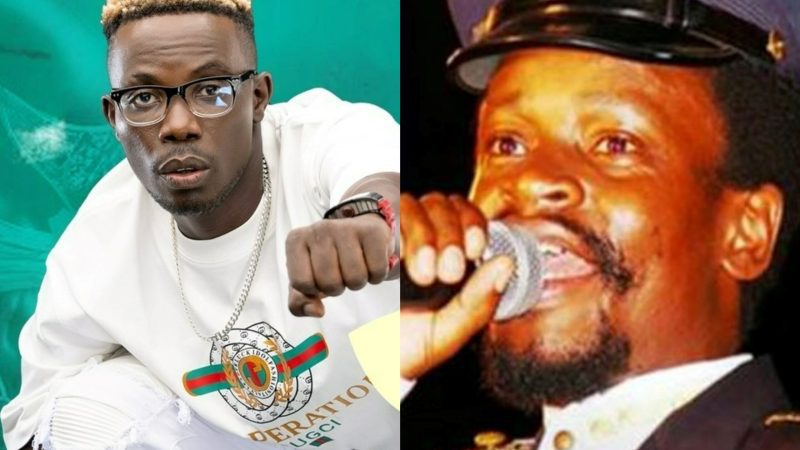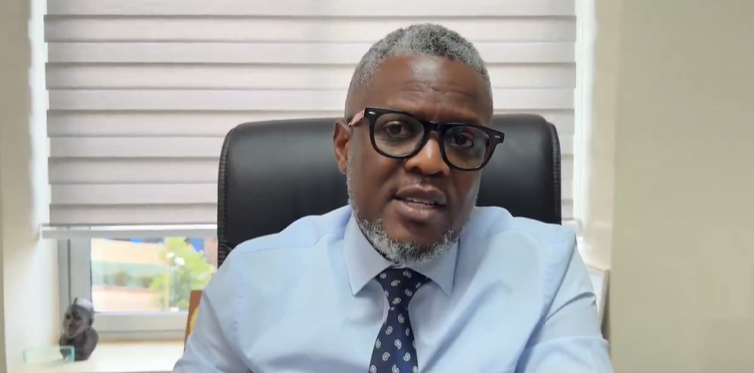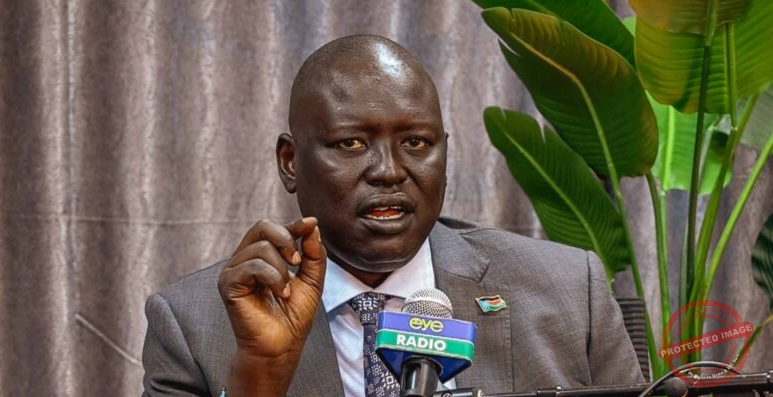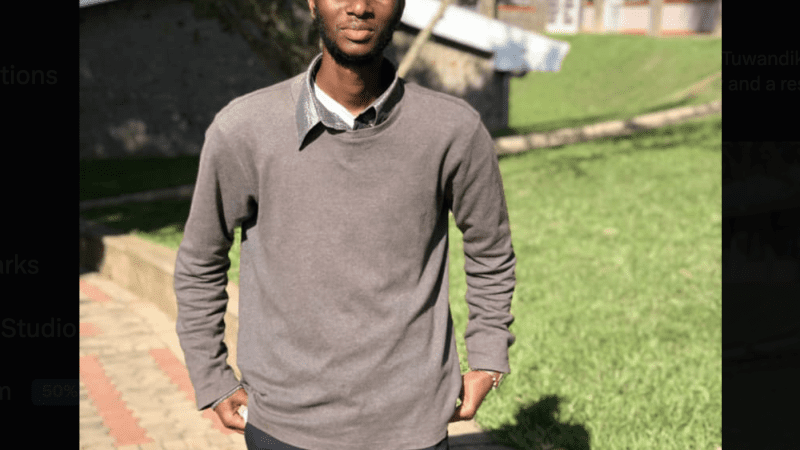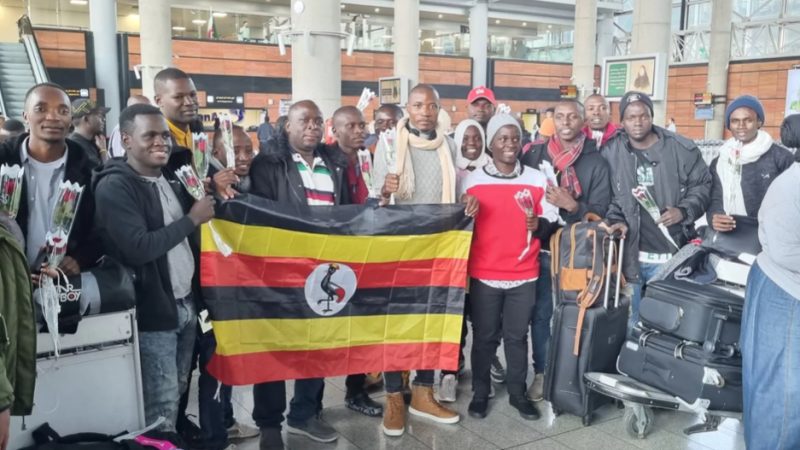During Wednesday’s hearing in the trial of Dominic Ongwen at the International Criminal Court (ICC), it emerged that a senior officer with one of Uganda’s intelligence agencies suspected a member of the Ugandan military destroyed documents related to the Uganda government’s interception of radio communications of the Lord’s Resistance Army (LRA).
The possibility that officers of different agencies eavesdropping on LRA radio communications were suspicious of each other came out when Krispus Ayena Odongo, Ongwen’s lead defense lawyer, read out in court an excerpt of a letter a senior intelligence officer with the Internal Security Organization (ISO) wrote to his superior.
Odongo did not name the officer in open court, but he said he had testified before the ICC earlier. A senior intelligence officer of the ISO testified before the ICC about his agency’s interception of LRA radio communications between January 27 and February 1 this year. During his testimony on January 31, the issue of his working relationship with his colleagues came up.
The reason Odongo read out the letter is because it referred to Witness P-003, who is currently on the stand. The witness was also an interceptor but working for the Uganda People’s Defense Forces (UPDF). Both the ISO and UPDF carried out their interception operations in the same compound in the northern Uganda town of Gulu.
“Worst of all, when he is alone in the office he tears some documents from the file,” read part of the letter Odongo read out in court.
“Otherwise, in conclusion, we at the station are committed to working together as a team so that we achieve the goal but only him [name written but not read out in court] who frustrates our efforts,” concluded the letter Odongo read out.
When asked what he had to say, Witness P-003 said he did not know where Odongo got the document from.
“If there was a complaint against me, I should have been summoned within the 4th Division [of the Ugandan military],” the witness said.
Written and audio records of the Ugandan government’s eavesdropping operation on LRA radio communications form part of the evidence the prosecution is presenting to the court to prove the 70 counts of war crimes and crimes against humanity that Ongwen is facing.
Some of the charges Ongwen faces are for his alleged role as a commander with the LRA between 2003 and 2004 during attacks on the Pajule, Odek, Abok, and Lukodi camps for people displaced by the conflict in northern Uganda. Other charges Ongwen faces include forcibly marrying seven women, who were girls at the time, and committing sexual crimes against them.
The letter that Odongo read out in court was part of his line of questioning about the working relationship between the ISO interceptor and Witness P-003. Before reading out the letter, Odongo asked Witness P-003 about an incident in which the ISO interceptor said the witness drew a gun on him after which the ISO interceptor wrote a complaint.
Witness P-003 denied quarreling with anyone and also denied knowing that there had been a complaint against him. Odongo asked him several questions on this issue and the witness denied knowing anything but then went on to accuse Odongo twice of making up the allegation. Presiding Judge Bertram Schmitt intervened to caution the witness to answer the questions he was being asked.
On further questioning, the witness responded, “I have said all the truth that I have, and I think I seem to have run out of words now. What counsel has said are lies.”
Wednesday’s hearing began with Witness P-003 challenging Odongo on the kind of questions he was asking. Judge Schmitt intervened to assure the witness the court would intervene if Odongo asked inappropriate questions and he should answer the questions he is asked. The judge also asked the witness to abandon his “defensive attitude.”
After several questions, Witness P-003 still continued to challenge Odongo on the questions he was asking, questioning Odongo’s motives because he is a legislator with the opposition in Uganda.
“You are not here to assess the proprietary of the questions addressed to you,” Judge Schmitt told the witness. He added, “I would strongly advise you in the future to answer the questions that are put to you.”
“It’s absolutely clear that we are a court. We are following the rule of law. We are not following the rule of politics,” Judge Schmitt concluded.
At the end of Wednesday’s hearing, Judge Schmitt asked the witness to return with a fresh attitude when the hearing continues on Thursday.


